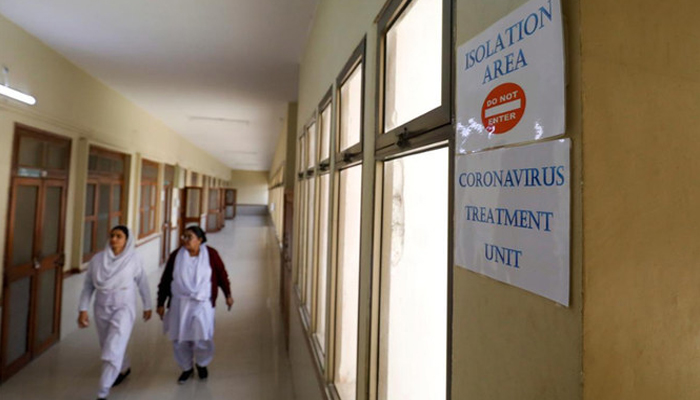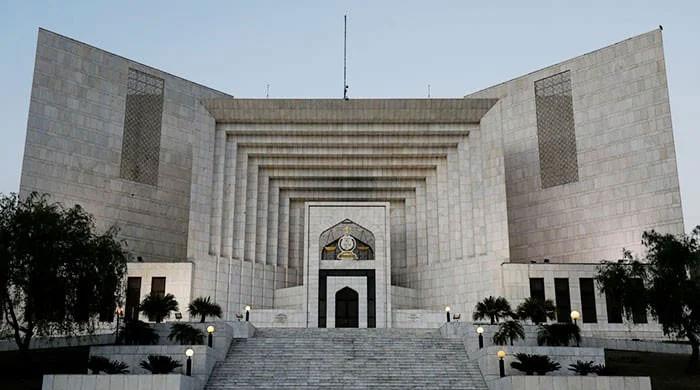Medical experts warn of spike in COVID-19 cases as Pakistan lifts curbs
"The government should have halted the reopening of restaurants and other public spaces for at least another two weeks"
August 07, 2020

In light of the downward trend of coronavirus infections reported from across the country, the government has decided to lift restrictions imposed to stem the spread of the virus, however medical experts have warn that the ease in curbs would cause another spike in cases, Arab News reported.
The varying restrictions, imposed in March, including the closure of schools, marriage halls, cinemas, international and domestic flights, helped the country bring down the death toll and the recovery rate to over 85%.
The government, on Thursday, decided to lift these curbs beginning next week and reopen educational institutions next month on September 15.
Read more: Live updates on coronavirus
Head of infectious diseases at the Pakistan Institute of Medical Sciences (PIMS) Islamabad, Dr Nasim Akhtar, talking to Arab News, said that patients had started coming into his facility's coronavirus ward after Eid-ul-Adha which was observed last week.
“Cases registered a sharp increase after Eid-ul-Fitr, and this can happen now again with the lifting of the lockdowns,” she said.
Akhtar was of the opinion that the government should have halted the reopening of restaurants and other public spaces for at least another two weeks.
Read more: 2,060 die in US from COVID-19 in single day, global cases surge past 19mn
“This is a bit early, and may worsen the situation again,” Akhtar said.
Dr Qaiser Sajjad, secretary-general of the Pakistan Medical Association said that the next week was pivotal as only a week had passed since the Eid holidays.
It is pertinent to note here that the incubation period of the coronavirus is 14 days.
Echoing Dr Akhtar's concerns, Dr Sajjad said that the move taken was in a "hurry".
The medical expert said that Spain and the United States have seen a record increase in deaths and infections after lifting the restrictions imposed to curb the pandemic.
Read more: Tourists can enter Gilgit tomorrow after showing medical reports
The country faces two major crowd attracting events ahead, August 14 and Muharram-ul-Haram, which can cause a spread in coronavirus infections if safety measures are not followed.
On the contrary, the University of Health Sciences vice-chancellor Javed Akram termed it as a “wise decision.”
“The government cannot keep the cities and businesses under lockdown forever,” Akram said, adding: “People should follow health guidelines to fight the virus.”











